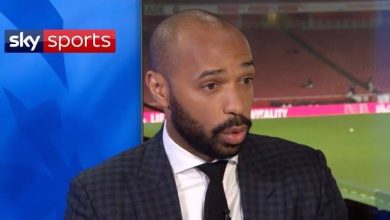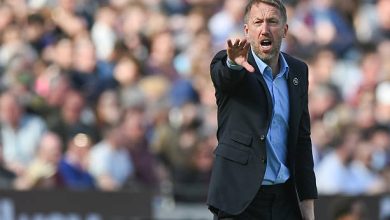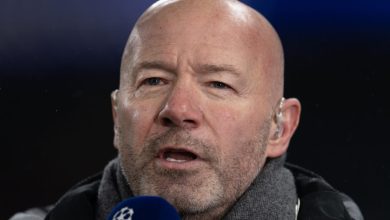David Moyes has recently opened up about how Declan Rice’s decisions on the pitch ultimately made West Ham worse by forcing Moyes to adjust his tactical approach. Although this might sound exaggerated at first, it’s difficult to recall a player in recent memory who has been more significant for West Ham than Declan Rice. For many years, Rice was a world-class talent for the Hammers, and his exceptional performances have finally earned him widespread recognition now that he’s at Arsenal.
Rice’s tenure at West Ham was marked by numerous accolades, including captaining the team to their first trophy in over 40 years. Throughout his time with the club and even after his departure, he has consistently shown respect for his former team. Yet, Moyes, who is also considered one of the greatest managers in West Ham’s history, believes that his managerial success could have been even greater if not for Rice’s intense desire to prove his critics wrong.
While this assertion might seem surprising, Moyes provided insight into the tactical challenges posed by Rice’s ambitions. According to Moyes, Rice wanted to play in a more advanced position during their second year together. “He wanted to get forward more in the second year,” Moyes explained. “In our first year, we had a successful dynamic with Tomas Soucek making runs into the box and scoring goals while Declan sat back. However, Declan felt the pressure from critics who doubted his abilities because he wasn’t scoring goals or getting forward enough. This criticism seemed to affect Declan, and he wanted to prove them wrong.”
Moyes elaborated on how this shift disrupted the team’s balance. “When Declan started pushing forward, it required Tomas to play a more defensive role, which was not his strength compared to Declan’s. As a result, Tomas was less effective, and Declan, despite his efforts, wasn’t scoring enough to justify the change. This ultimately hurt the team’s overall performance.”
The situation presents a dilemma: it is troubling to learn that a club captain was more concerned with his media image than what was best for the team. This scenario raises important questions about Moyes’ management. As the manager, Moyes had the responsibility to prioritize the team’s success and maintain the optimal strategy. It seems perplexing that he allowed Rice to continue playing in a way that didn’t benefit the team, even after recognizing the negative impact.
Ultimately, Moyes’ reflections underscore the complex dynamics between player aspirations and team needs. While Rice’s talent and dedication are unquestionable, this situation highlights the delicate balance managers must strike in harnessing a player’s potential without compromising the team’s overall performance. The story of Rice’s tenure at West Ham, along with Moyes’ strategic decisions, provides a nuanced perspective on the challenges and responsibilities inherent in football management.









